Varieties of tomato varieties and hybrids and their characteristics
Tomatoes are one of the most common vegetable crops. The number of varieties and hybrids is in the thousands. Today we will help you understand the variety of tomatoes and tell you which varieties and hybrids are best to choose, based on specific growing conditions and characteristics.
Main types of tomatoes
Depending on their growth, tomatoes are divided into several types:
- standard,
- indeterminate,
- semi-determinate,
- determinant.
Let's take a closer look at each variety.
Standard
These are the shortest tomatoes, characterized by their compact bush size and thick stem.. Standard varieties are not the most productive varieties; their main advantage is their early ripening.
The main advantages of the type include:
- resistance to adverse factors - drought, frost;
- thick stem, thanks to which the plant does well without tying;
- tight fit due to compact size;
- shallow roots, allowing active absorption of water and additional nutrients;
- good transportability of fruits.
Standard crops are grown mainly in greenhouses and hotbeds, it is advisable to plant in open ground only in the southern regions.
The standard varieties include the following varieties::
- Cameo is an early-ripening variety with smooth fruits, juicy pulp and a pleasant aroma.
- Brawler — average weight of cylindrical fruits is 90 g.Excellent for preservation, resistant to vagaries of weather, tobacco mosaic.
- Yamal is characterized by increased resistance to diseases and pests. With proper care, you get a good harvest of dense, rounded fruits weighing 70-100 g.
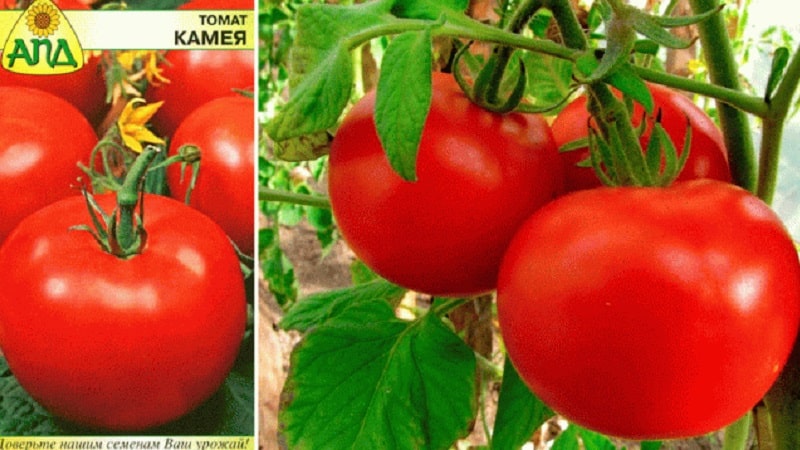
Indeterminate
The stem of indeterminate tomatoes reaches 2-4 m in height, so the varieties must be tied up. To limit the plant's growth, pinch the top of the stem. This variety is characterized by long-term fruiting; in heated greenhouses, the plant bears fruit throughout the year.
Reference. The culture is great for the southern regions. In the middle zone it is grown in greenhouses. In regions with short and cool summers, it is better not to plant indeterminate varieties.
Advantages:
- high yield - 14-17 kg/m²;
- stable immunity to fungal diseases and the vagaries of nature.
The disadvantages include mandatory strict adherence to the rules of agricultural technology, especially when forming a plant bush.
Among the many indeterminate crops there are:
- Angel F1 - a new domestic hybrid without restrictions on the region of cultivation, early ripening, for salad purposes. It is characterized by high productivity, good immunity to fusarium and verticillium.
- Belfast F1 - a popular early-ripening hybrid, immune to cladosporiosis, fusarium, tobacco mosaic, tolerates transportation well. The fruits weigh an average of 210 g, do not crack, and the yield is high - up to 26 kg/m².
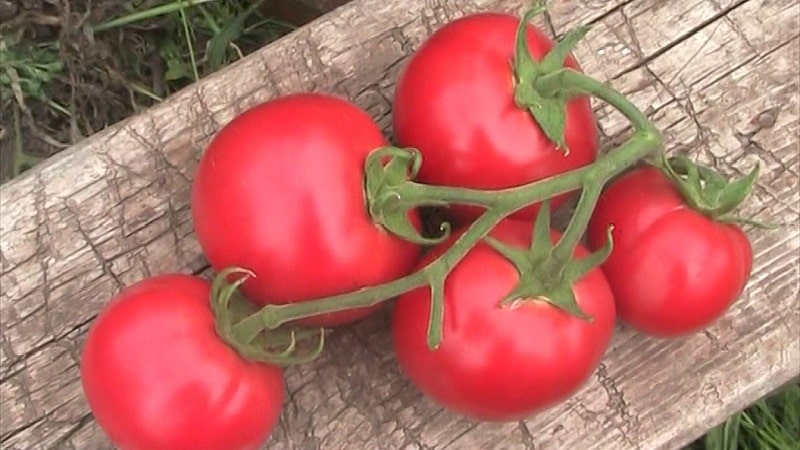
Other indeterminate varieties and hybrids - Walford's Miracle, Crushed Heart, Tyler f1, Lion's Heart, Star of Siberia.
Semi-determinant
Semi-determinant ones stop growing at about 10-12 inflorescences, are characterized by high productivity, do not require complex care, and are suitable for greenhouses and open ground.
Distinctive feature of the species - short internodes.
Among the many semi-determinate varieties, there are:
- Magnus - an early variety with tasty fruits, considered ideal for canning.
- Silhouette - a greenhouse hybrid, its small fruits are perfectly stored and transported.
- Red Arrow - one of the most unpretentious varieties, suitable for canning and summer salads, and is characterized by high yield.
- Zinulya - mid-season variety with large and sweet fruits.
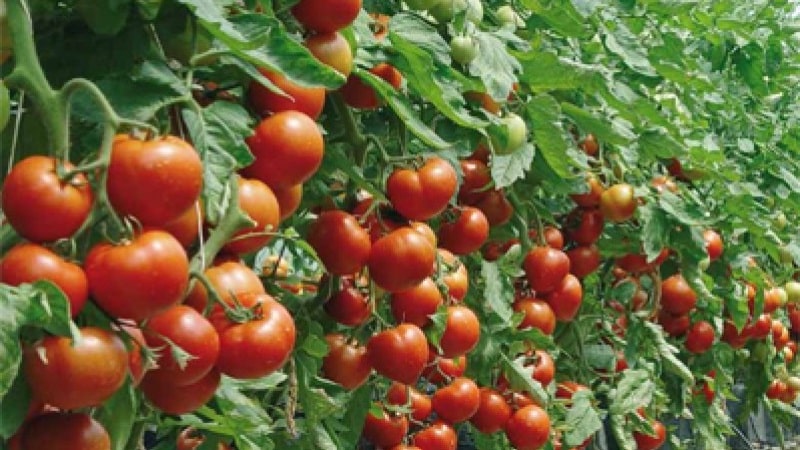
Determinant
Determinate tomatoes are varieties that stop growing when a flower cluster appears at the top. The height does not exceed 80 cm. They are grown everywhere: in the southern regions - in open ground, in other parts of Russia - in hotbeds and greenhouses.
Such plants bear fruit once per season. for 1-3 weeks.
The main advantages of determinate tomatoes:
- precocity;
- high productivity;
- friendly return;
- low maintenance requirements;
- possibility of cultivation even in northern regions;
- suitability for canning.
The disadvantages are quite controversial — some vegetable growers consider determinate tomatoes less tasty.
The best varieties of determinate tomatoes:
- Alsou - mid-early, large-fruited variety. Grown in open and closed ground, yield up to 9 kg/m². Used fresh and in salads.
- Gina TST is a mid-season variety that does not require pinching for film greenhouses and open ground. Resistant to cracking and disease, suitable for canning and fresh consumption.
- Lyubasha F1 - an ultra-early hybrid for universal use, resistant to cracking and disease, suitable for growing in open and closed ground. It has a high yield - up to 20 kg/m².
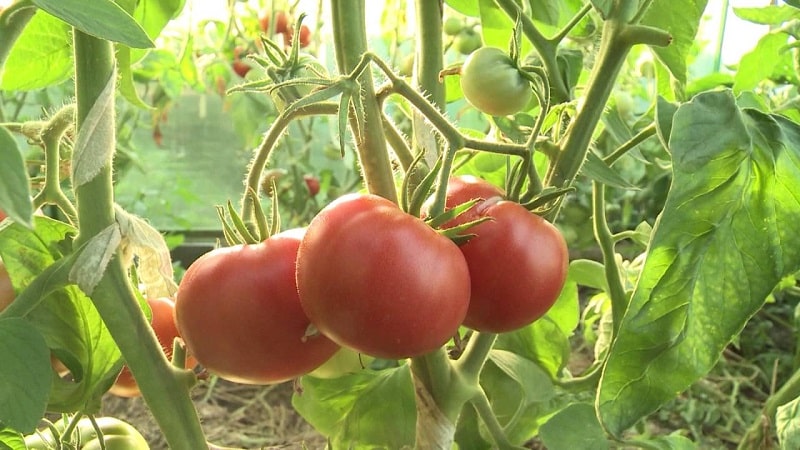
For open ground
It is believed that tomatoes grown in open ground are superior to greenhouse tomatoes in taste, size and yield. Pollination is better in an open garden bed, and increased humidity in the greenhouse affects the quality of pollen.
In the southern regions, almost any variety or hybrid is planted in open ground. When choosing a variety for planting in the middle zone or Siberia, take into account the following characteristics:
- early maturity - early and mid-early are recommended;
- the best choice would be low-growing species - standard, determinate and semi-determinate; such species are easier to cover in case of frost;
- immunity to late blight, the most common disease in these regions;
- ability to ripen after premature harvest, since in the northern regions the crop is harvested before the first frost.
When choosing a tomato for open ground, pay attention to the following varieties:
- Boni-MM — ultra-early ripening variety, suitable for cultivation throughout Russia, standard, compact. The fruits are red and juicy. Does not require special care, ripens before late blight outbreak.
- Torbay F1 - mid-early determinate hybrid, needs tying and pinching. The fruits are fleshy, sweet, pink, suitable for fresh consumption and canning. It is highly resistant to disease and drought.
- Persimmon - mid-season determinate variety, fruits are round, amber-yellow, fleshy.The crop withstands bad weather well, has good transportability and preservation, and ripens well indoors.
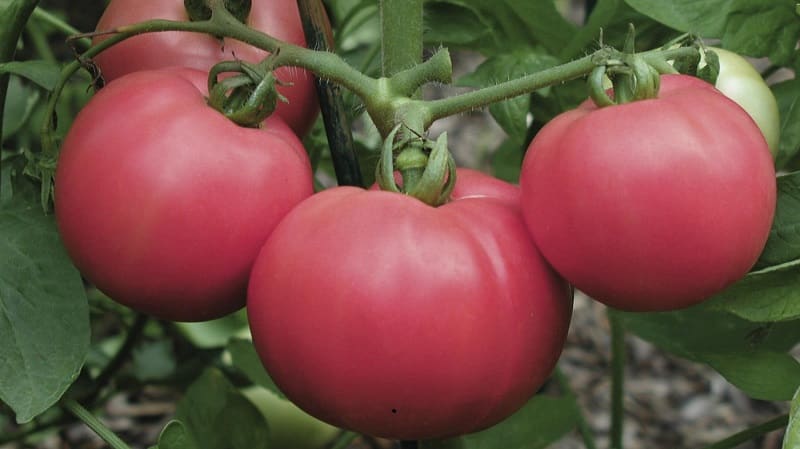
Other varieties and hybrids are also suitable — Babushkino, Nastena F1, Rosanna F1, Lady, Kasamori F1, Crystal F1.
For the greenhouse
Not every tomato variety is suitable for growing in greenhouses. Greenhouse varieties and hybrids must have strong immunity to various diseases and infections, since any changes in the microclimate of the greenhouse will affect the health of the crop.
When choosing a variety, take into account the height of the plant and the greenhouse, because tall tomatoes require space.
It is quite difficult for pollinating insects to get into the greenhouse, so self-pollinating varieties are preferable.
For beginners The following varieties and hybrids are recommended:
- Diva F1 - an early ripening determinate hybrid of universal use. Not susceptible to most tomato diseases. Large-fruited, gives a good harvest with a minimum of effort.
- Blagovest F1 - mid-early indeterminate large-fruited hybrid, resistant to mosaic, cladosporiosis, late blight. Gives a bountiful harvest, great for salads and canning. Be sure to pinch at a height of 1.5-2 m.
- Budenovka - a mid-season indeterminate variety that does not require special care. It has stable immunity to diseases, is well stored and tolerates transportation, high-yielding, universal purpose.
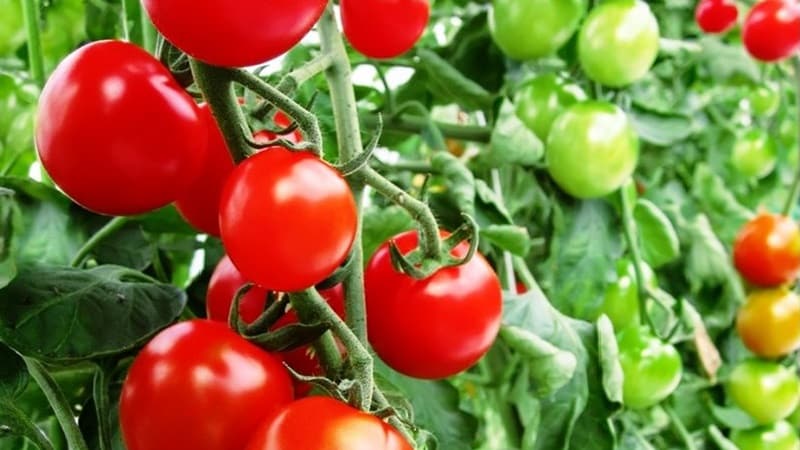
For canning
When choosing tomatoes for canning, consider a few nuances:
- fruit size and shape;
- skin density;
- small seed chambers;
- fleshy walls.
Modern breeders have bred a huge number of varieties and hybrids suitable for canning:
- Adam's apple - an indeterminate greenhouse variety with round, perfectly even fruits weighing about 130-180 g. It is characterized by high yield, good immunity to disease, and simultaneous ripening of a large number of tomatoes.
- Barnaul Cannery - determinate early-ripening variety for open ground, tomatoes weighing 40-60 g, ripen together. An ideal variety for canning.
- Tanya F1 - a mid-season hybrid of a determinate type, the fruits are round, weighing 150-170 g. It does not require special care, is resistant to tomato diseases, does not require pinching, and produces a high-quality harvest.
- Pickling Delicacy – considered an ideal variety for canning.
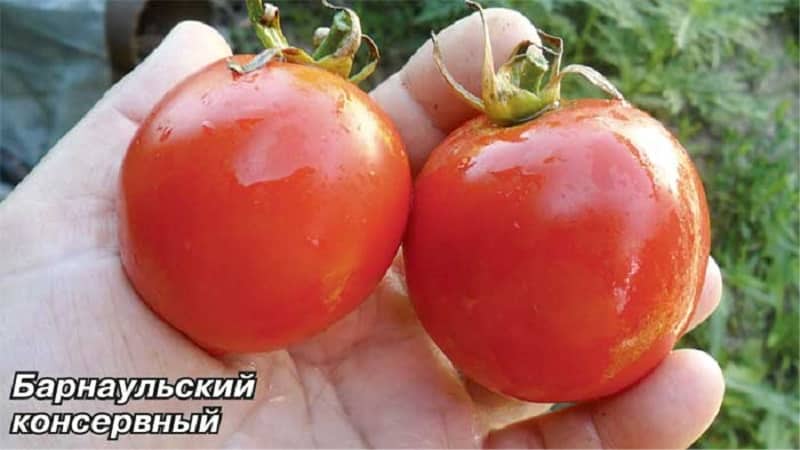
For growing on the balcony
The easiest guide when buying seeds is the inscription on the package “balcony variety”. Also pay attention to such characteristics:
- self-pollinating;
- early ripeness;
- compactness;
- immunity to disease;
- shallow root system.
You cannot place containers with different varieties of tomatoes next to each other.. If cross-pollination occurs, the quality of the crop will be affected.
The most popular in our country are:
- Balcony miracle - a small compact bush literally strewn with small tomatoes, average weight 60 g. Self-pollinating, early ripening variety. It is grown all year round, the yield is up to 2 kg per bush.
- Ballerina F1 - an early-ripening hybrid, up to 2 kg of tomatoes are harvested from a bush. It stores well, has strong immunity to disease, tolerates temperature changes well, and is very tasty.
- yellow pearl - an early ripening variety with small yellow fruits weighing about 30 g. Undemanding to lighting. The compact bush produces up to 6 kg of harvest.
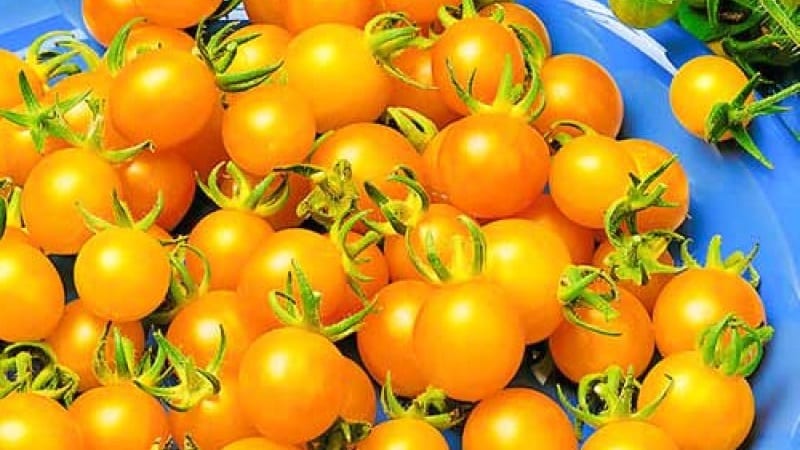
Cold resistant
Cold-resistant tomatoes tolerate lower temperatures more easily than others.
These varieties are very popular in the northern regions:
- Snegirek - the absolute record holder among cold-resistant tomatoes, grows and bears fruit at temperatures from 0°C, low-growing. The fruits are large, weighing up to 200 g. Does not require pinching.
- Taimyr - ultra-early ripening, standard, resistant to late blight and low temperatures. It grows and bears fruit even when the bush freezes.
- Snowfall F1 - indeterminate, cold-resistant, mid-early hybrid for universal use. Tolerates temperature changes well. The collected fruits are well stored and can ripen until December.
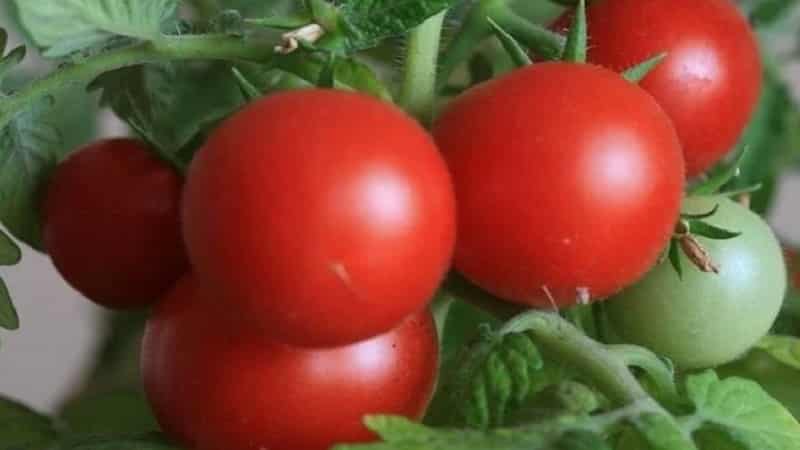
High yielding
Among the high-yielding varieties the following are distinguished::
- Crimson Giant - a large mid-season tomato, more suitable for fresh consumption, grows well both in open and closed ground. Up to 6 kg of fruits are collected from one bush; it is unpretentious and resistant to diseases.
- Bull's heart - a tomato variety beloved by many, the fruits are tasty and aromatic, weighing up to 400 g. The average yield per bush is 8 kg.
- Andromeda F1 - an early hybrid with good taste and yield characteristics, requires garter. The fruits are red and yellow, the latter being larger. Fruits well in greenhouses.
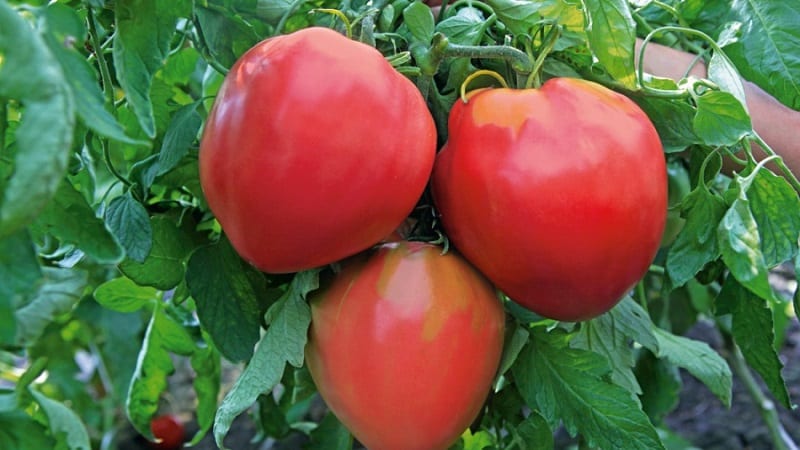
According to ripening time
As with all other vegetable crops, Tomatoes are classified according to ripening time.
Ultra early
From the moment the first shoots appear to ripening, it takes from 75 to 85 days. As a rule, these are low-growing tomatoes with small fruits. They are not famous for their high productivity; they are suitable for regions with short daylight hours.
It is worth considering for planting such super early tomatoes as:
- A gardener's dream - disease-resistant, high-yielding variety for universal use. Requires gartering and pinching. The fruits are juicy and sweet.
- Greenhouse early ripening F1 - a hybrid tomato for universal use, the fruits are dark red with a slight bitterness.
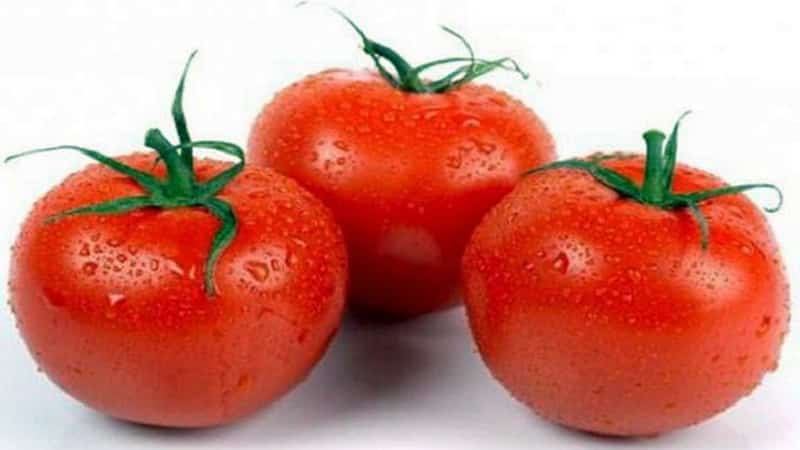
Early
Early tomatoes are harvested 90 days after emergence. The pulp of these vegetables is sweeter than that of the ultra-early ones. The varieties are suitable for growing in temperate and cold climates.
Early ripening varieties and hybrids of tomatoes that have won the love of gardeners:
- Barberry F1 - an early ripening indeterminate hybrid for greenhouses, requires staking and pinching. The fruits are oval-shaped, juicy, collected in large clusters of 50-70 pieces. Fruits until autumn.
- Big Mama - an early, determinate variety for open ground and greenhouses. Requires gartering and pinching. A unique combination of early ripeness and large fruit, yield up to 9 kg/m².
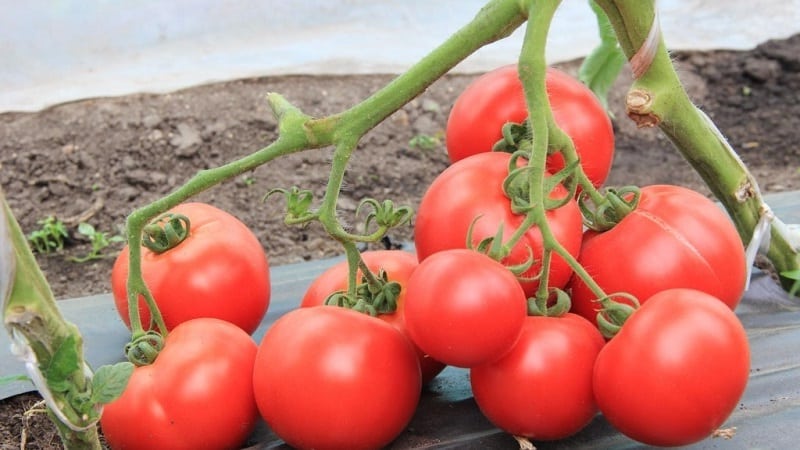
Mid-late
The ripening time for mid-season tomatoes is 100-115 days from the date of emergence. These varieties feel great both in open ground and in greenhouses.
One of the most popular mid-late varieties is considered:
- Altai masterpiece — the fruits weigh on average 400 g, taste pleasant and delicious. The plant is tied up and pinched.
- Rosemary F1 — the hybrid is characterized by high yield, is rich in vitamin A, and is immune to cladosporiosis and fusarium.
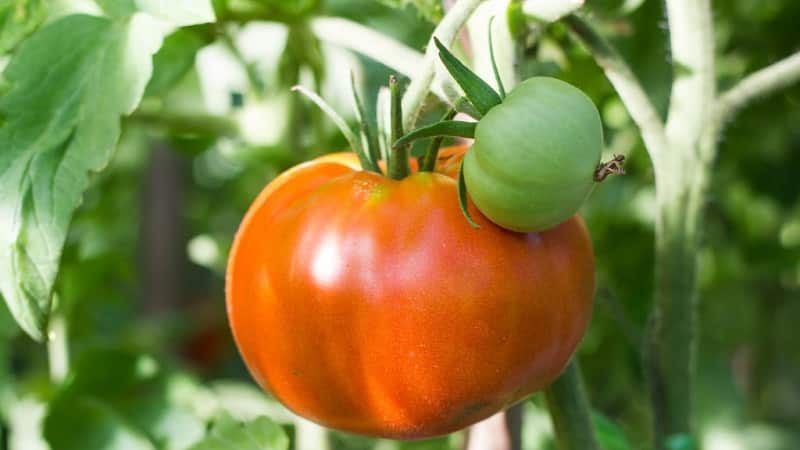
Late
Requires 120-130 days to ripen, for the most part these are greenhouse varieties.
Among late tomatoes there are:
- Beef Pink Brandy - has an unusual taste, is great for salads, large-fruited, tolerates transportation well and is stored for a long time.
- Bobcat — determinant hybrid, yield up to 6 kg/m², resistant to major crop diseases.
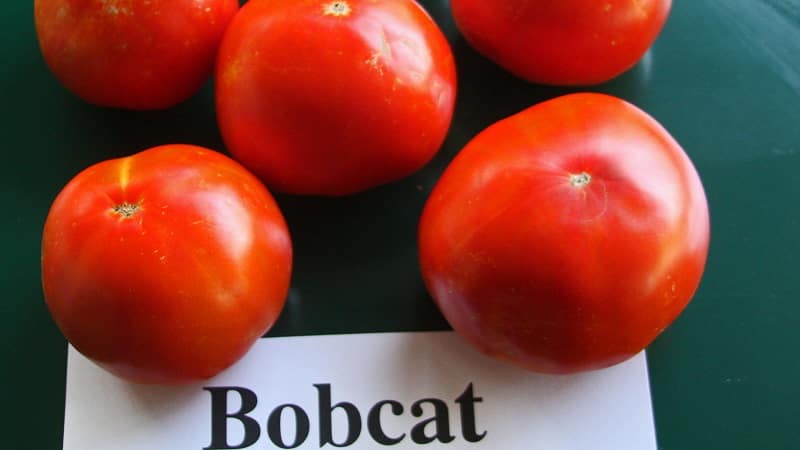
Conclusion
Every gardener dreams of an excellent harvest of quality tomatoes. The correct choice of seeds plays an important role in achieving this goal.
Before going to the store, decide what tomatoes you want to grow - small, large, salad or for canning, where you will plant them - in open ground, a greenhouse or on the balcony, what kind of harvest you plan to get. We have described all the nuances in detail, so choosing the right variety will not be difficult for you.